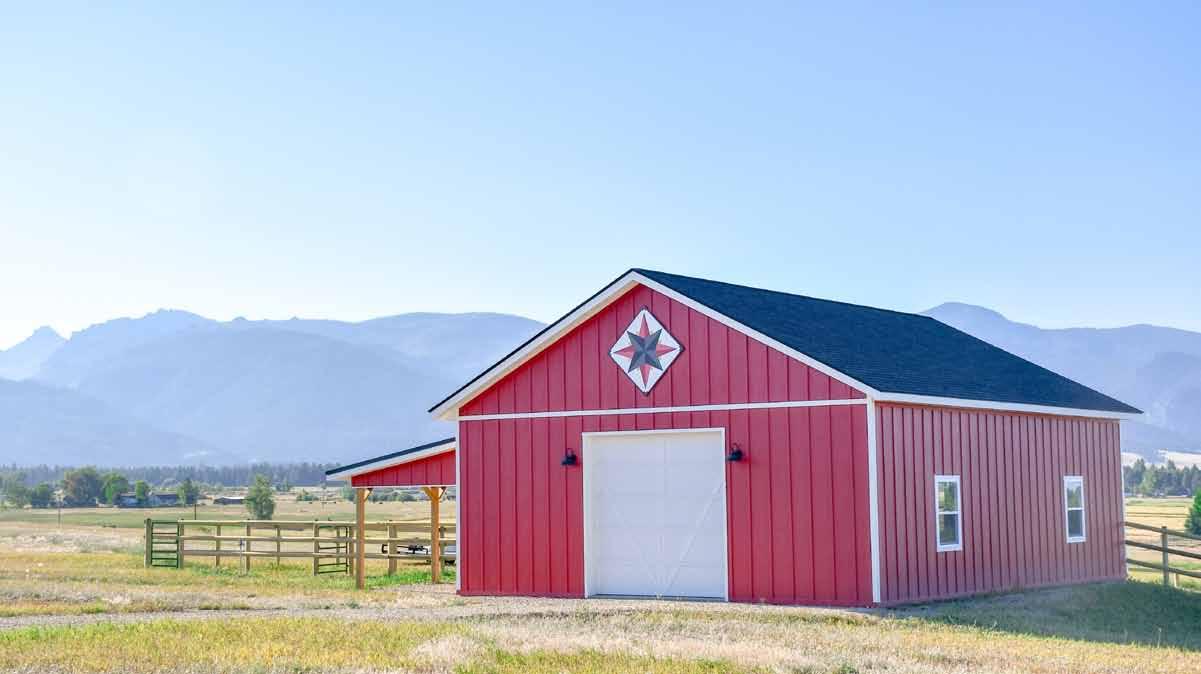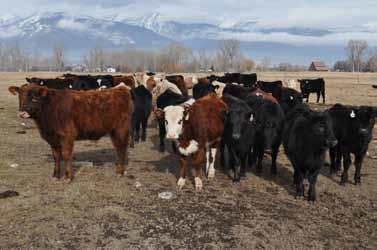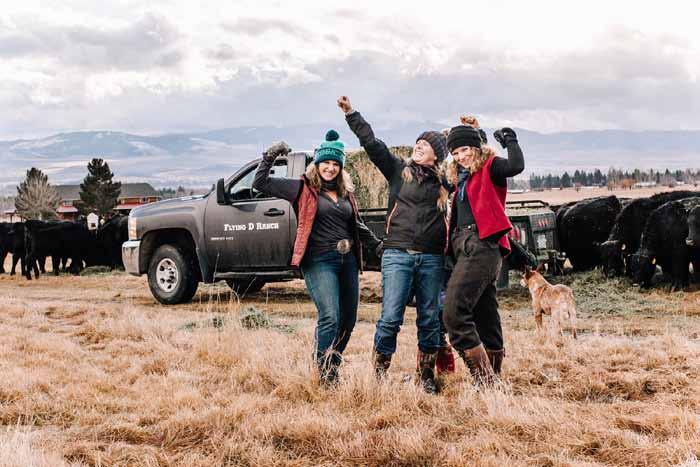
2 minute read
Biocontrol of weeds
Agriculture Magazine, September 2020 - Page 13
Ravalli County Weed District has successful biocontrol program
Advertisement
RAVALLI COUNTY WEED The more stress the DIST RICT greater the reduction
The weather has in Spotted knapweed. warmed up and The Ravalli County Cyphocleonus achWeed District writes ates has emerged. a grant each year Cypho’s are root through the Montana boring weevils and Department of one of the biological control agents for the invasive species, Spotted knapweed. This biological control was brought into America, from its natural habitat in Europe, and introduced, after many years of studies, to Montana in 1988 thanks to our own MSU Experiment Station in Corvallis. Ravalli County residents have Agriculture Noxious Weed Trust Fund grant program, and we have been fortunate to receive funding each year to help the program since 2005 and employ wonderful young boys and girls that live in our valley. For many of these students it is their first job. They really do learn so much. They learn about what it’s like to have a real paying job, time management, working as a team, public speaking, writdoug MCCONNAHA The weather has warmed up and Cyphocleonus achates has emerged. Cypho’s are root boring weevils and one of the biological control agents for the invasive species, Spotted knapweed. received these bugs through the Ravalli County ing reports, learning about noxious weeds and Weed district’s Youth Bio-Control work proof course they get to learn about nature and gram over the past 17 years. how to help protect our environment.
During this time of the year, you will see the The Ravalli County Youth Biological Control weevil in its adult stage. They will either be program consists of an adult leader and 4-6 clinging to the tops of the knapweed plants, in student’s ages 14-1/2 to 18 years old. The team the heat of the day, or at the base of the plants begins work about mid-June by doing comduring the cooler morning and evening hours. munity projects and weed pulls and then begin The adults will live between 8 and 15 weeks. collecting insects for Dalmatian Toadflax, Leafy
Within their lifespan the females will mate spurge, St. Johnswort and then finally Cyphos on several different occasions and lay their for Spotted Knapweed. Our bio-control proeggs on the root crowns of spotted knapweed gram is well known as we ship our bugs all plants. The females can lay hundreds of eggs throughout Montana and surrounding states. in a season. It only takes between 10 to 12 If you are interested in Cyhocleonus achates, days, after being laid, for the eggs to hatch. other bio-control agents or more information The larval stage is the most destructive stage on the bio control project please contact Josh to knapweed. Upon hatching, the larvae mine at the Ravalli County Weed District Office at toward the center of the root, where they will 777-5842 or weed@rc.mt.gov or Facebook: spend the winter causing stress to the plant. Ravalli County Youth Bio- Control Program
Page 14 - Agriculture Magazine, September 2020

Let's build something together.
Specializing in custom post frame and stud frame agricultural buildings.










